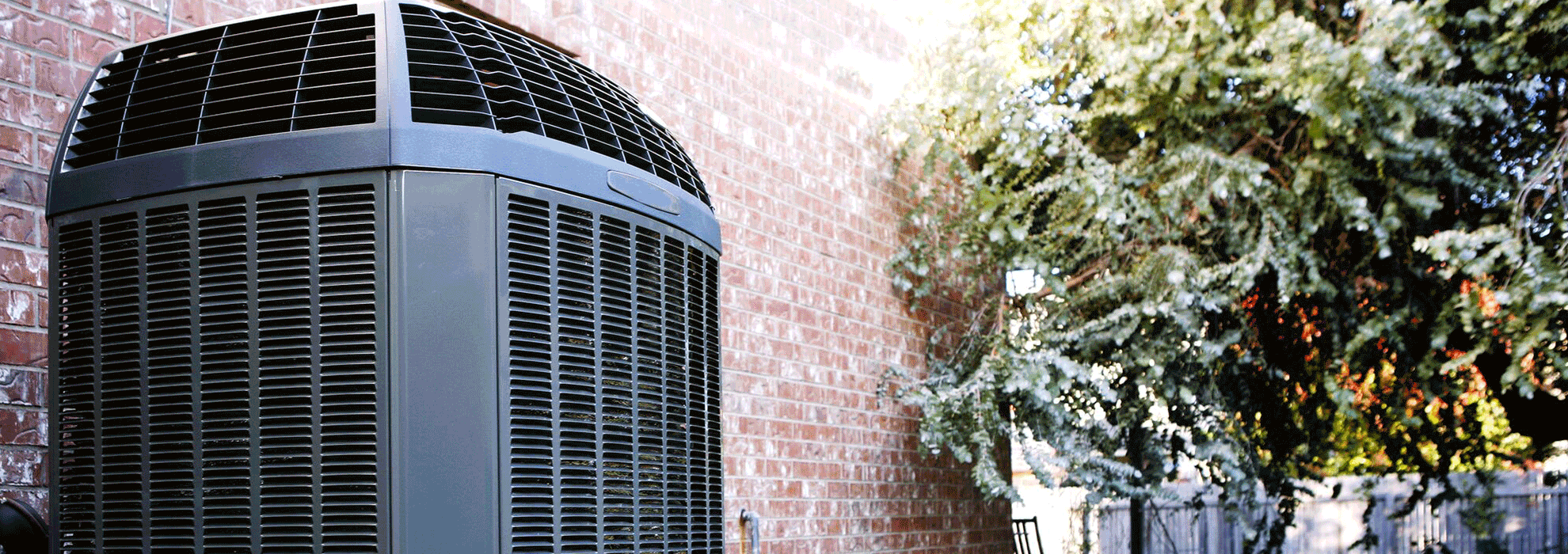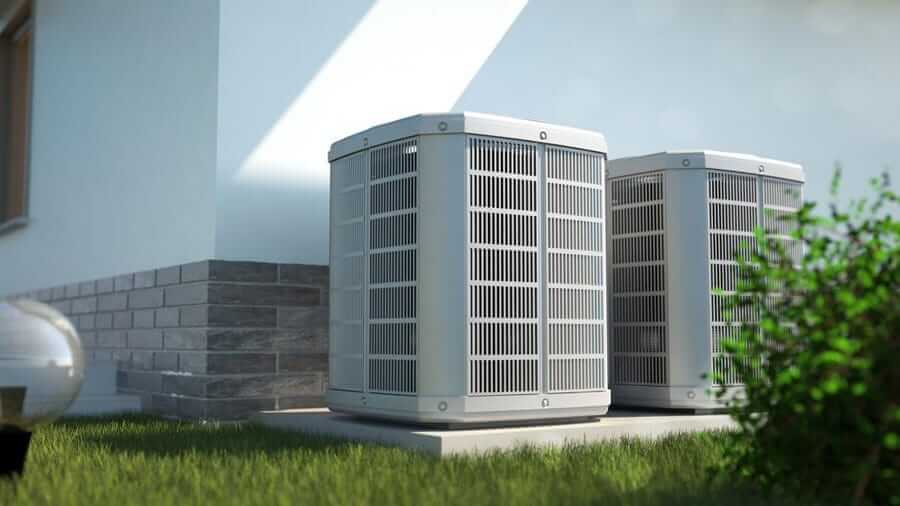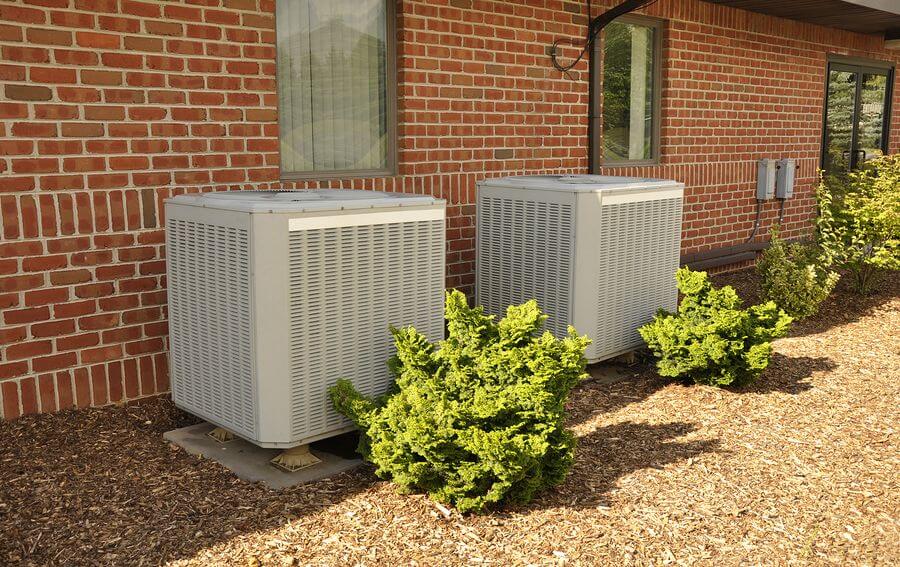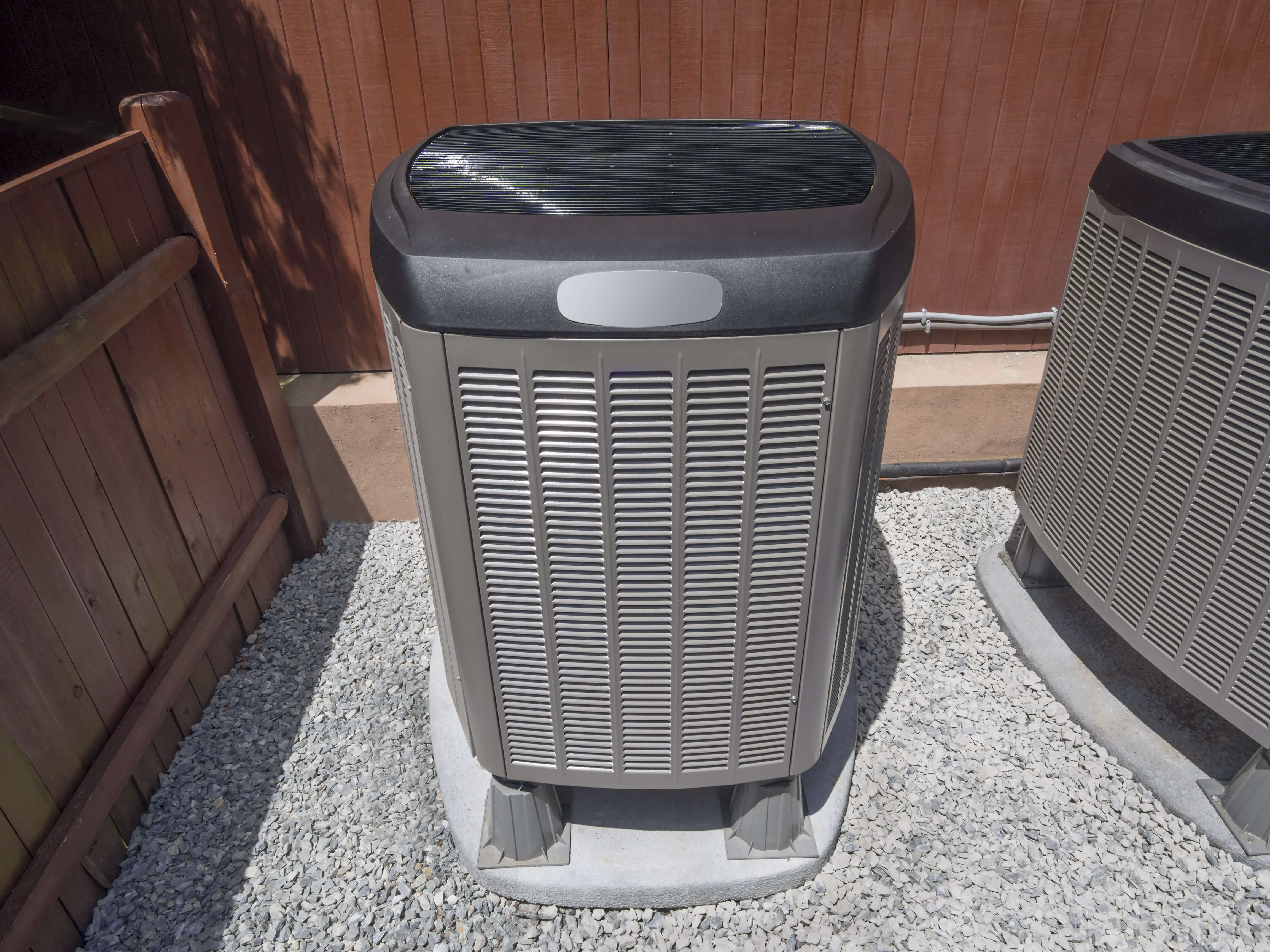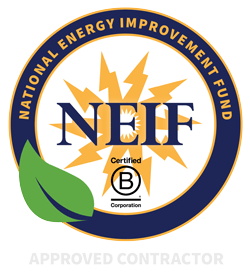What is an AC Tune-up and Do You Really Need It?
- Cooling
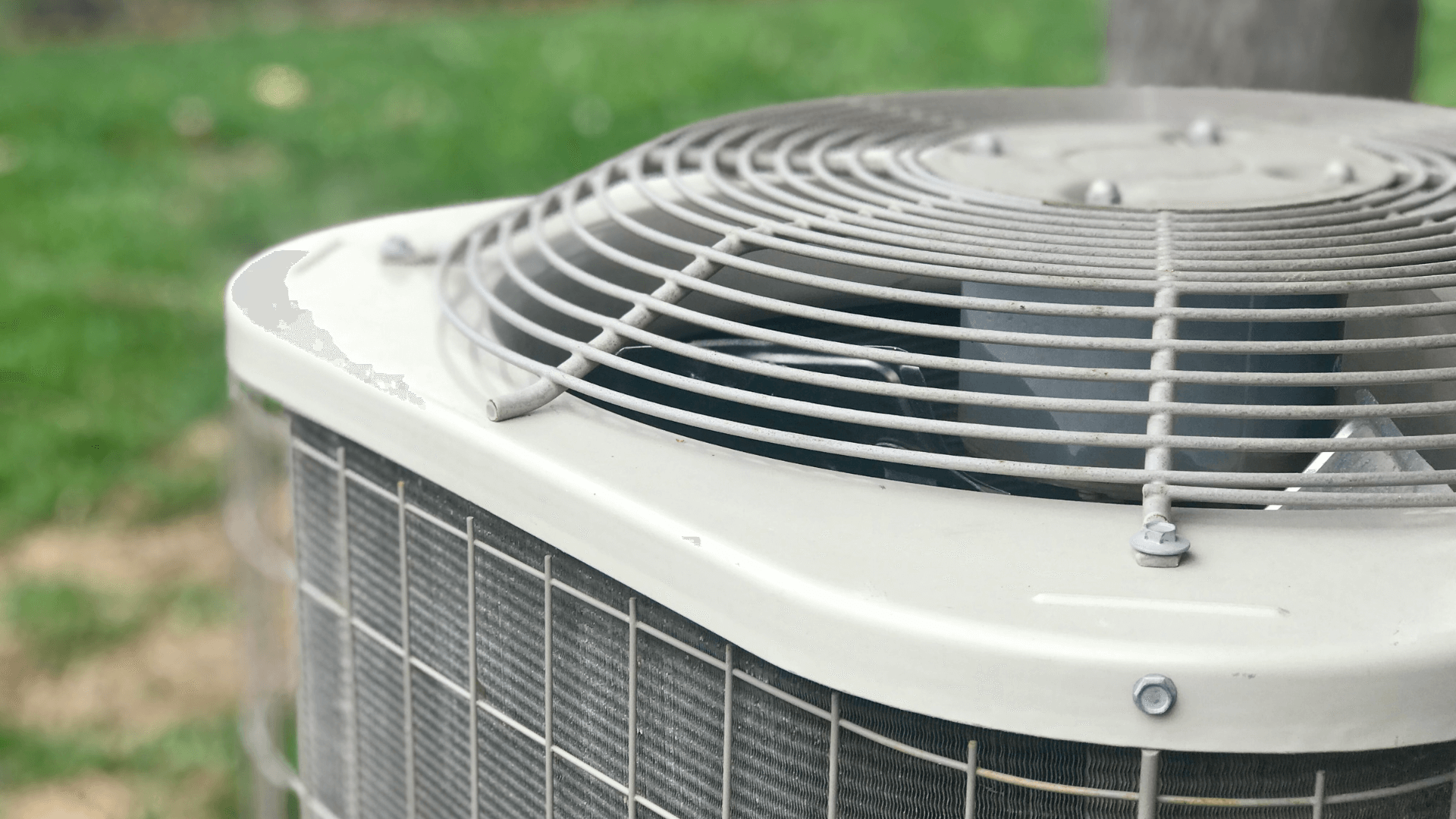
If you’re a homeowner with an air conditioner, you’ve probably heard about AC tune-ups. But what exactly is an AC tune-up, and do you really need it? In this article, we’ll answer those questions and more. We’ll cover the benefits of a tune-up, what’s included in the service, how often you should get one, and how long it takes. We’ll also explain why North Shore Home Energy is the best choice for your AC maintenance needs.
What is an AC Tune-up
An AC tune-up is a professional maintenance service performed on your air conditioner. During the service, a technician will thoroughly inspect, clean, and adjust your AC unit to ensure it’s operating at peak performance. A tune-up typically includes cleaning or replacing air filters, checking refrigerant levels, inspecting electrical connections, lubricating moving parts, and more.
Services Typically Included in a Tune-up
An AC tune-up typically includes the following services:
- Cleaning or replacing air filters
- Checking refrigerant levels and adjusting if necessary
- Inspecting electrical connections and wiring
- Lubricating moving parts
- Checking and tightening belts and pulleys
- Checking and cleaning the condenser and evaporator coils
- Inspecting the blower motor and fan blades
- Testing the thermostat and adjusting if necessary
- Cleaning the condensate drain and pan
- Inspecting the overall system for any issues or potential problems
Is a Tune-up Necessary
Yes, an AC tune-up is necessary if you want to keep your air conditioner running efficiently and prevent costly breakdowns. Just like any other mechanical system, your air conditioner needs regular maintenance to stay in good working condition. Without proper maintenance, your AC unit can become less efficient, break down more often, and ultimately have a shorter lifespan.
Benefits of an AC Tune-up
There are several benefits to getting a tune-up, including:
- Improved energy efficiency and lower utility bills
- Increased comfort and better air quality
- Reduced risk of breakdowns and costly repairs
- Longer lifespan for your air conditioner
- Peace of mind knowing your AC unit is operating safely and reliably
How Often to Get an AC Tune-up
It’s recommended to get an AC tune-up once a year, ideally before the start of the cooling season. This will ensure that your air conditioner is ready to go when you need it most. However, if you have an older unit or a unit that sees heavy use, you may want to consider getting a tune-up twice a year.
How Long a Tune-up Usually Takes
The length of a tune-up can vary depending on the size and complexity of your system. Typically, a tune-up will take anywhere from 1 to 3 hours to complete.
Schedule an AC Tune-up With North Shore Home Energy
If you’re in need of an AC tune-up, look no further than North Shore Home Energy. Our team of experienced technicians will provide you with a thorough and efficient tune-up to keep your air conditioner running smoothly. We also offer a range of other HVAC services, including repairs and installations. Contact us today to schedule your tune-up or learn more about our services. Check out our Google Reviews!

